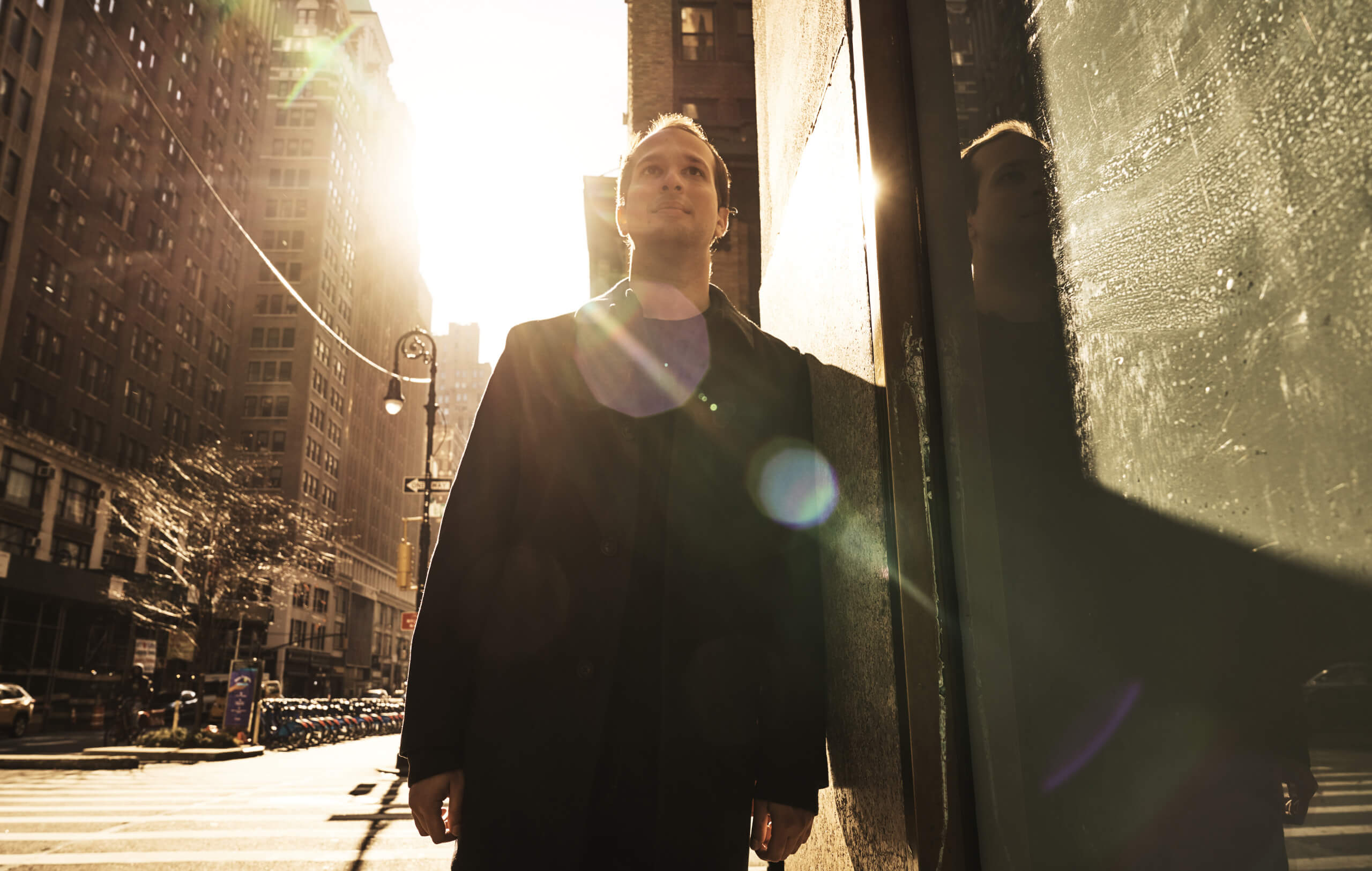
Audius CEO Roneil Rumburg: “Web3 is happening, with or without us. It’s the funnest place in the world to be building things”
Is this crypto-based streaming platform poised to redefine the music industry?
Image: Matthew Salacuse for MusicTech
From Napster to iTunes to Spotify, the music industry has been grappling with disruptive digital technologies for over a generation. Streaming platforms currently have a lock on the majority of music consumers, but the first stirrings of change may already be in the air.
Enter Audius, the San Francisco-based tech start-up that’s harnessing the power of blockchain and crypto to forge a new direction for music distribution. The streaming platform counts celebrities such as Lil Nas X and Katy Perry among its investors, Skrillex and Deadmau5 among its active artists, and it recently passed the milestone of six million active monthly listeners.
People are starting to sit up and take notice.
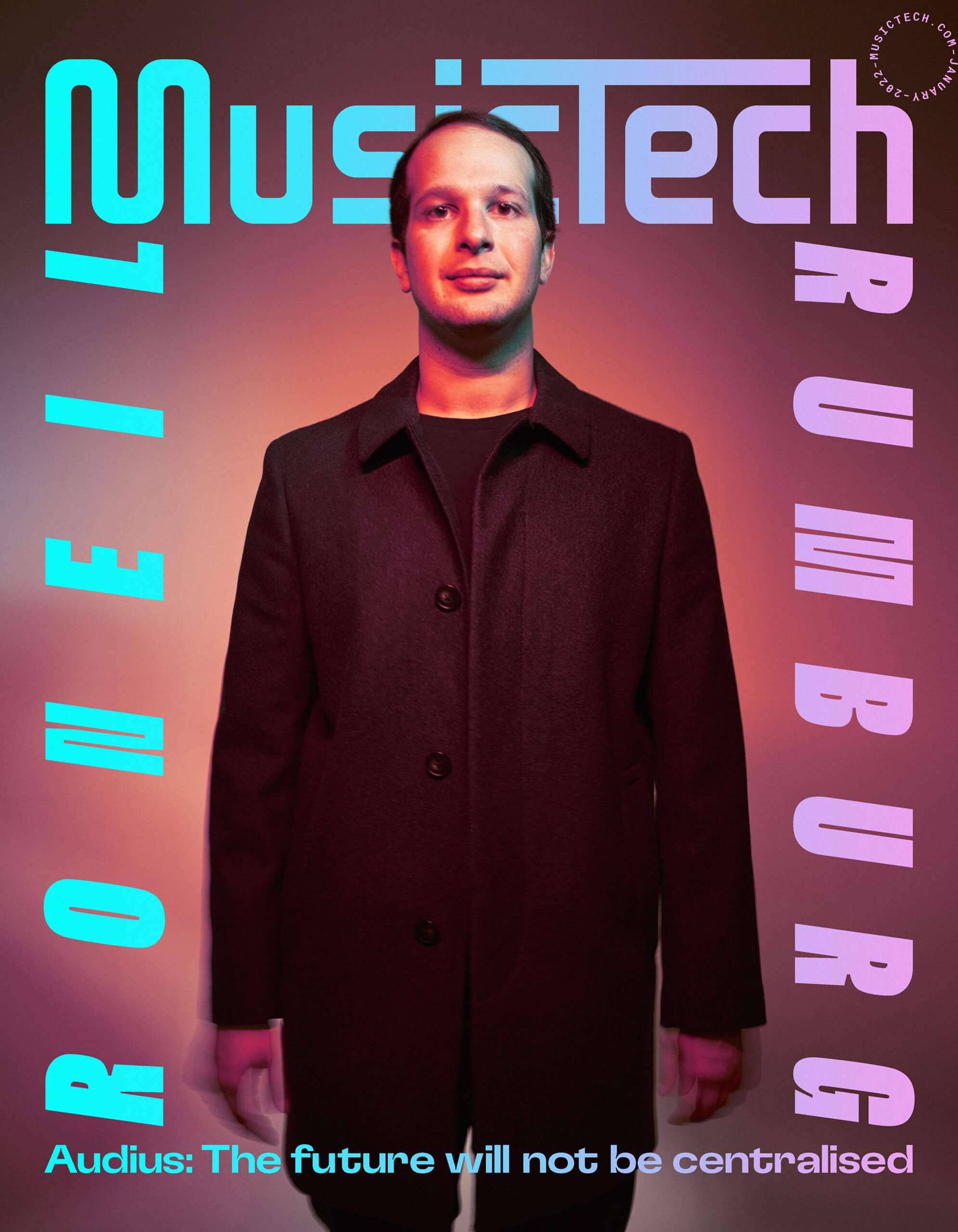
Roneil Rumburg is no newcomer to the world of crypto. Back in 2013, while completing a computer engineering degree at Stanford, he and his friends began mining digital currencies out of curiosity. It was in this same group of enthusiasts that Rumburg met future Audius co-founder, Forrest Browning. The pair initially hit upon the concept of a co-operative streaming platform in 2015 but judged the project to be out of reach.
“We didn’t feel like the technology existed to build what we wanted at that time,” says Rumburg. “So we shelved it and moved on with our lives.”
Instead, Rumburg went on to co-found Backslash – a peer-to-peer money-transfer protocol that allowed users to easily trade crypto coins – before spending a few years working in venture capital managing investments in blockchain as well as AI start-ups. Despite these early experiences with blockchain and crypto, Rumburg says that he didn’t see the technology as a pathway to a career in business. Instead, it was the freedom to create and experiment that drew him to the Web3 space time and again.
“It’s paramount for the Web3 ecosystem to be net neutral to the environment”
“This is the funnest place in the whole world to be building things,” says Rumburg. “None of this existed more than four or five years ago. So it’s not like anyone’s an expert, right? There are no gatekeepers of information, of access, of anything. We’re all kind of coming in on a level playing field.”
Rumburg left his position at venture capital firm Kleiner Perkins in late 2017 to pursue his own projects. Serendipitously, Browning was also looking for a new gig. Breathing new life into their previous plans, the pair founded Audius in 2018 before officially launching the platform to the public in September 2019.
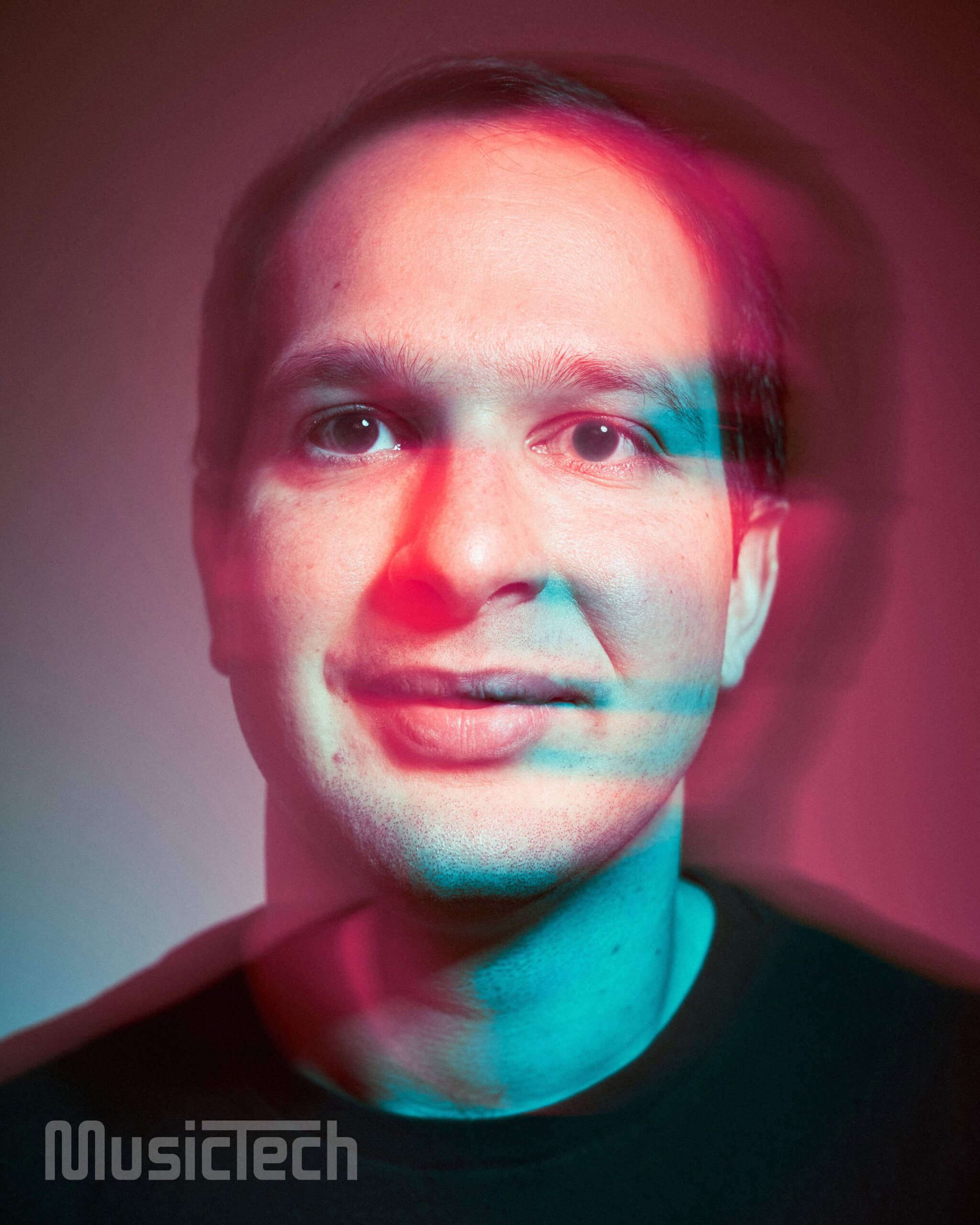
“We positioned it as a public beta,” recalls Rumburg. “The product was still pretty rough around the edges at the time […] but we wanted to get it into the hands of the community that had started to form around it as soon as possible.”
That early community grew to more than one million monthly listeners by the start of 2021, driven in part by a critical mass of content uploaded by early adopters such as Deadmau5, RAC, Disclosure, and countless emerging artists.
Over the following year, the platform grew in fits and starts, before partnering with social media juggernaut TikTok in August 2021 to roll out an integration feature between the two platforms. Participating artists can now make their catalogue accessible to TikTok creators with a single click.
As of January 2022, Audius boasts a library of more than 200,000 tracks and an average of six million monthly listeners.
All this is encouraging for the future of the platform. But what makes Audius different from competitors such as Spotify? And how does all this fit in with buzz-worthy labels like ‘Web3’?
Web3 is an umbrella term that covers technologies and applications that make use of decentralised, distributed computing. By now, most people have heard of Web3’s relevance to the world of finance, with interest in cryptocurrencies such as Bitcoin and Ethereum ballooning in recent years.
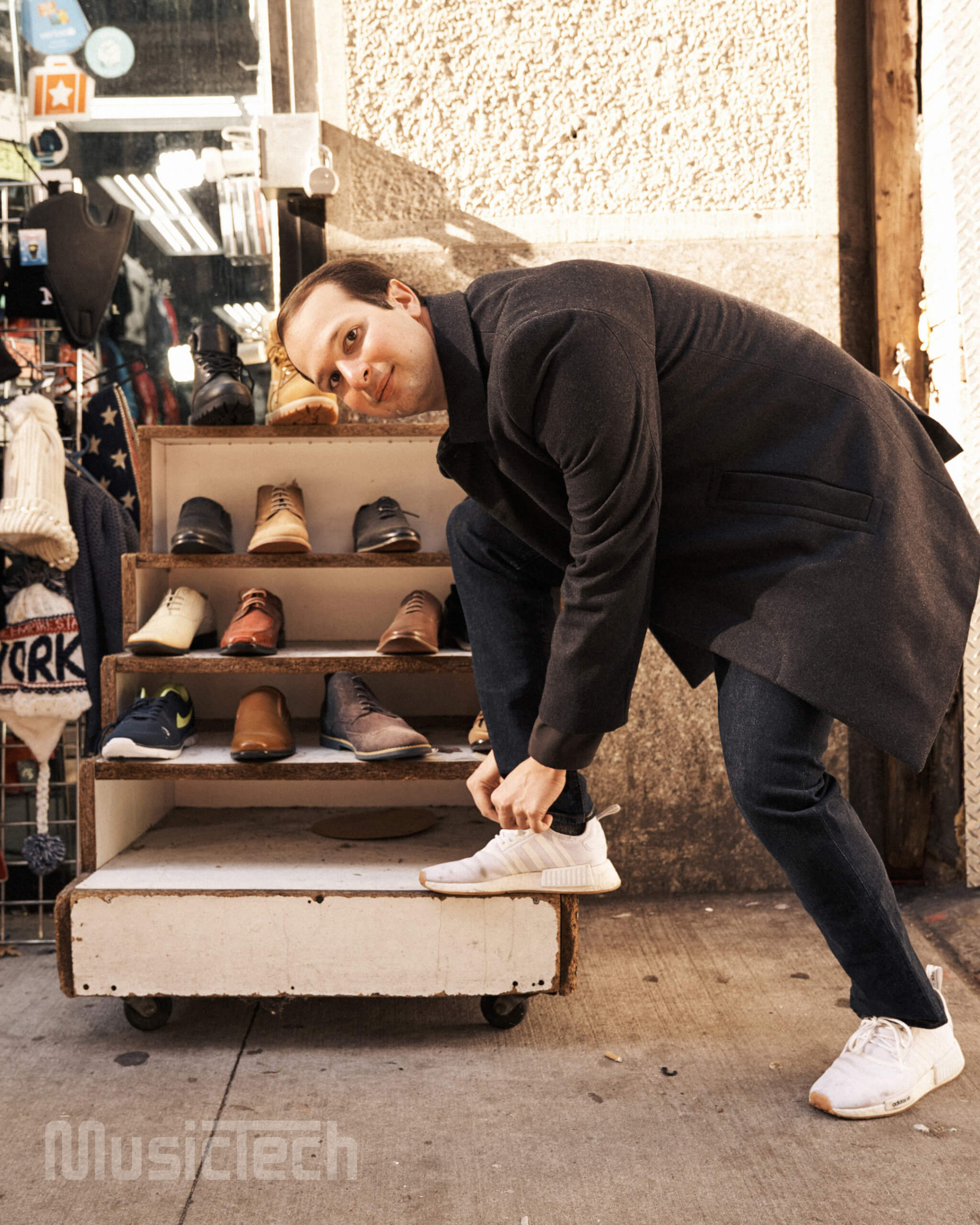
Audius applies the same technologies to music and fan engagement. The distributed nature of the platform means that ownership, upkeep and governance rests not with Rumburg and Browning but with the platform’s active users.
“If our company shuts down tomorrow,” says Rumburg. “All of this would keep working so long as the artists that are using Audius want it to keep working.”
Artists, listeners and ‘Node Operators’ – users who host or index content – are the three groups that prop up the platform. The lynchpin that ties these different users together is $AUDIO, a cryptocurrency native to the platform.
“There is no limit to how much music can be distributed and the industry hasn’t caught up with that reality.”
At the time of writing, a single $AUDIO token has a value equivalent to £0.63 and, as with other cryptocurrencies, it can be exchanged or converted. However, where Bitcoin and Dogecoin have been seen primarily as a way for investors to ride volatile waves of speculation, the purpose of $AUDIO is split evenly between financial benefit for users and as a means of maintaining and improving the Audius platform itself.
“The token behaves as this kind of unifying incentive layer,” explains Rumburg. “It then has three functions within the network itself. First, it secures the network. So, the folks who run the nodes and the infrastructure that operate the network, they have to stake the [$AUDIO] token. If a node misbehaves there can be a financial penalty against that owner.”
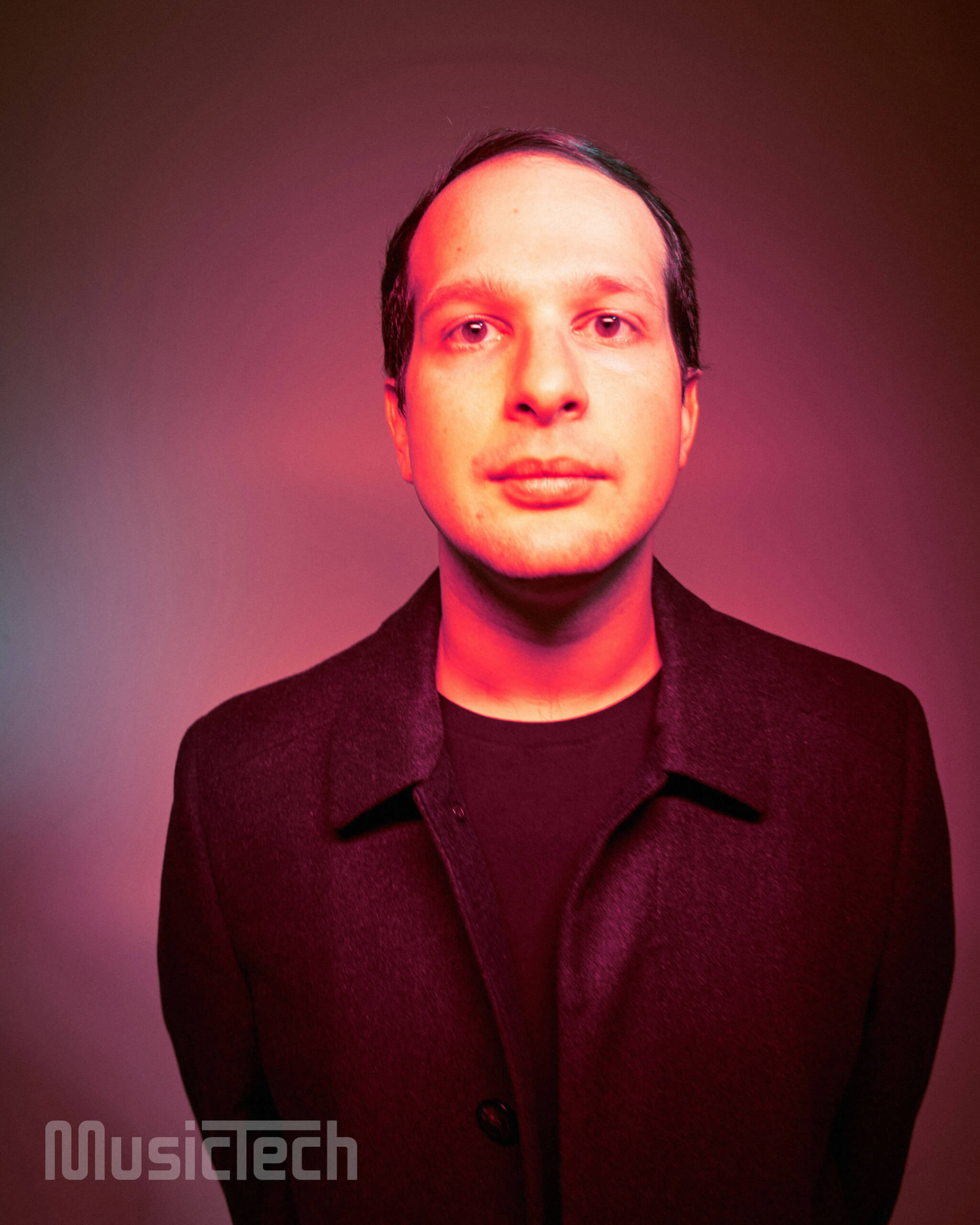
The token is also used to grant access to user features that consume more resources from the Audius network. “Some of them are just fun,” says Rumburg. “The community built these different colour schemes that you unlock if you have more tokens. Some of them are more directly functional, like the ability to display NFTs on your Audius profile and link out to stores where someone can buy or sell things.”
Lastly, the token acts as a governance mechanism by providing voting privileges; any and every change made to the network must be approved by a community of users who have a financial stake in the platform.
While the technology that underpins Audius is certainly cutting edge, it’s the company’s ethos that makes it unique.
“The motivation was really this Marxist sense that users of capital should have a path to owning that capital,” says Rumburg. “If you are running a playlist on Audius that garners a bunch of listens, then your act of curating that content is increasing the value of the Audius network. You should be rewarded proportionately by the network for that value you’ve created.”
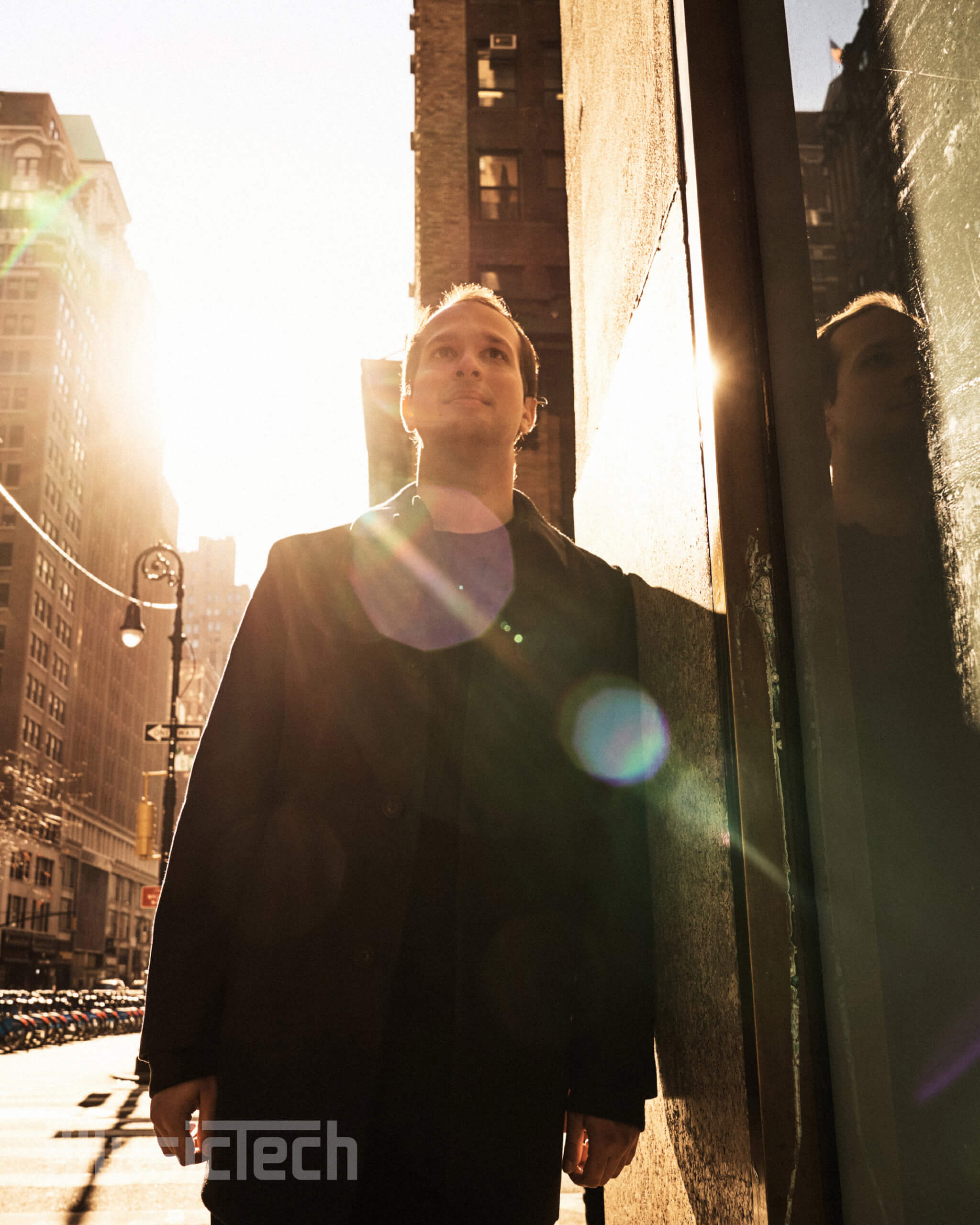
The platform has distributed more than 50 million $AUDIO tokens to users who have added value to the platform, whether through racking up the most weekly plays or helping build new features. Rumburg emphasises that these tokens will be distributed on an ongoing basis in perpetuity as new coins are ‘minted’ and added to the supply – meaning that an artist can gain a financial stake in Audius, as well as voting rights over its future, solely through writing and uploading music.
The radically different model that Audius is offering artists hasn’t developed in a vacuum. There’s a growing sense that the economics of music streaming are in need of a hard reset as the dominant subscription services like Spotify and Tidal favour big-name stars to the detriment of small and mid-level artists.
“Copyright [infringement] issues are directly opposed to our goal of helping artists make more money”
In Rumburg’s view, the current inequalities stem from outdated business practices built for a bygone era of retail stores, physical album sales, and finite radio bandwidth. “There is now no limit to how much music can be distributed,” he says. “And the marginal cost of reproducing music is near zero […] the economics of the industry haven’t caught up to that reality.”
Talking to Rumburg, you get the sense that both he and the larger Web3 movement are impatient to move beyond the kind of militant capitalism that fuelled the rise of tech barons like Musk and Bezos. There’s a conviction that the music business doesn’t have to be a cutthroat, ‘I win, you lose’ game, and that it’s possible to, as Rumburg says, “grow the pie in a positive-sum manner”.
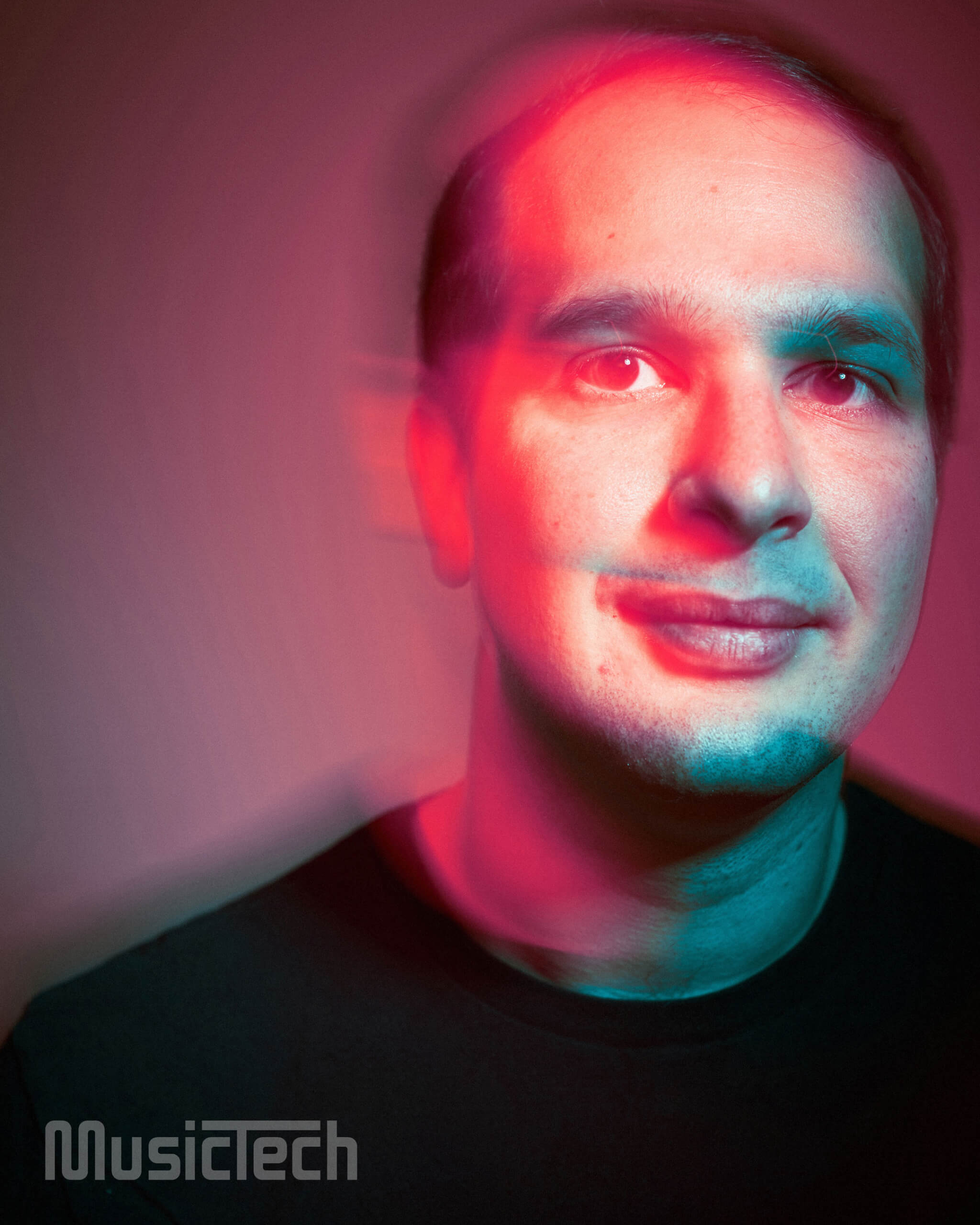
Crucially, Audius rejects the notion of singular, centralised leadership. The core team of 25 developers that built the foundations are more than happy to hand the keys over to the users to lead the platform forward. “The only way that our community was able to scale in this way was because it is a community,” says Rumburg. “It’s not just us.”
As with any platform built upon user-uploaded content, troubles with copyright are never far away. Audius has drawn criticism for being slow to roll out a comprehensive solution for dealing with users who upload pirated material.
Rumburg points again to the platform’s native $AUDIO token as both the stick and carrot for Node Operators. “The nodes on the Audius network, which host all the content, are decentralised but there’s a very high barrier of entry [for Node Operators],” he points out. “To become one of those you need to put up a stake of 200,000 native platform tokens.” For that stake, Node Operators can expect an annual return of 22 per cent. However, if their node is found to be in violation of the protocol and network guidelines, operators stand to be financially penalised.
“You have hundreds of thousands of dollars at risk running one of these nodes,” Rumburg says. “The people running them aren’t some random kids in their parents’ basement – these are professional hosting services with no interest in hosting things that aren’t meant to be there.”
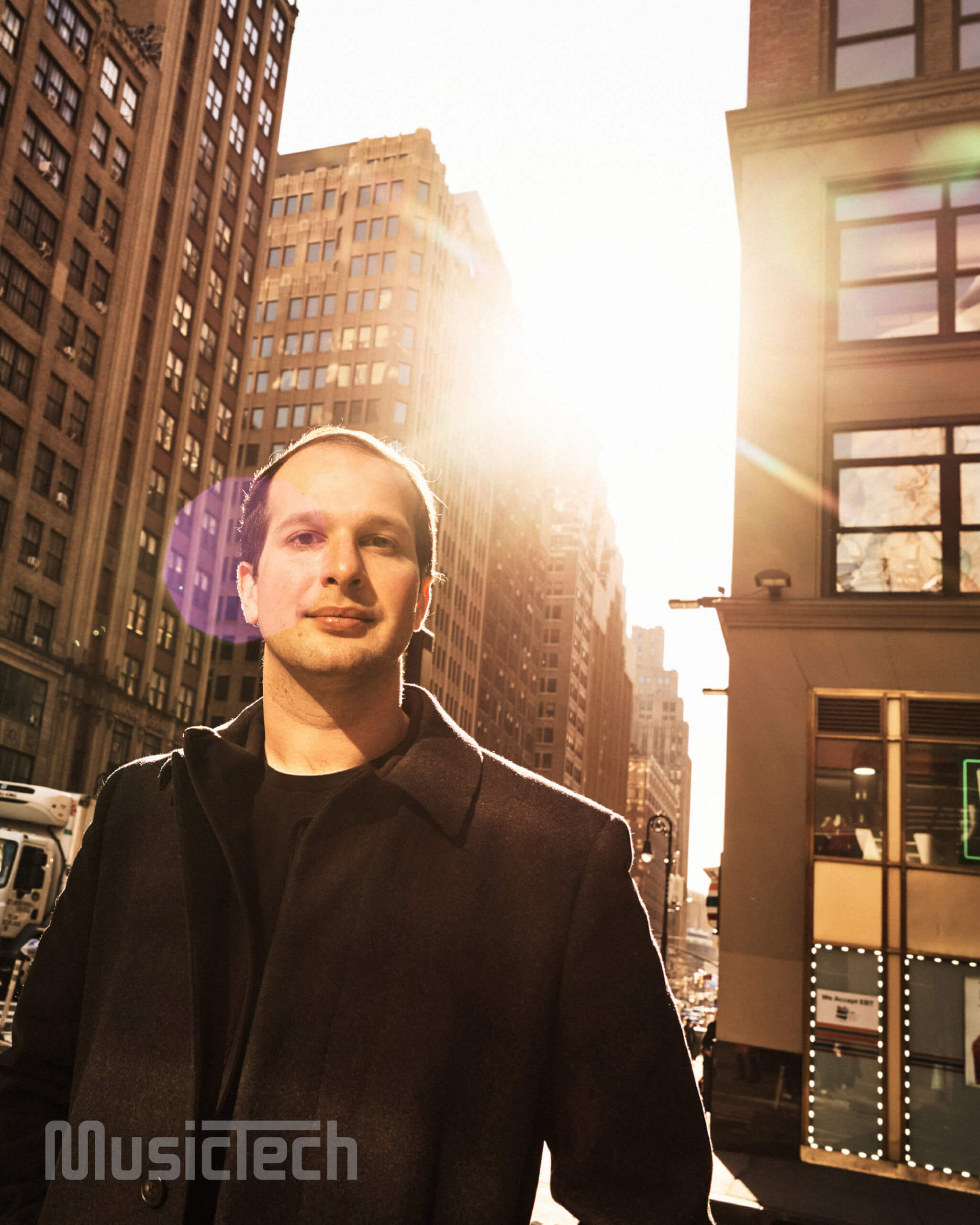
Rumburg says he’s determined to find a robust solution to the problem of copyright. “When we set out to build the initial version of Audius,” he says, “our goal was to help artists make more money and to own the relationships with their fans. Copyright [infringement] issues are directly opposed to that goal.”
The platform is also embracing NFTs as a way for artists to deliver digitally authentic content to their fans. In September 2021, Audius rolled out a feature that allows users willing to stake 100 $AUDIO tokens (approximately £50 at the current conversion rate) to display collectable NFTs on their profile and link out to external store pages.
“Our motivation was this Marxist sense that users of capital should have a path to owning that capital”
“The adoption of this has been amazing so far,” says Rumburg. “One of the biggest issues that exists in the NFT ecosystem today is that there is this immense fragmentation of where people are issuing NFTs; there was no one place to actually display everything you had. Audius is now filling that role in the music ecosystem, which has been really fun.”
At the same time, Rumburg makes clear that the Audius community is clear about the environmental costs associated with the current implementation of NFTs and is determined to do better.
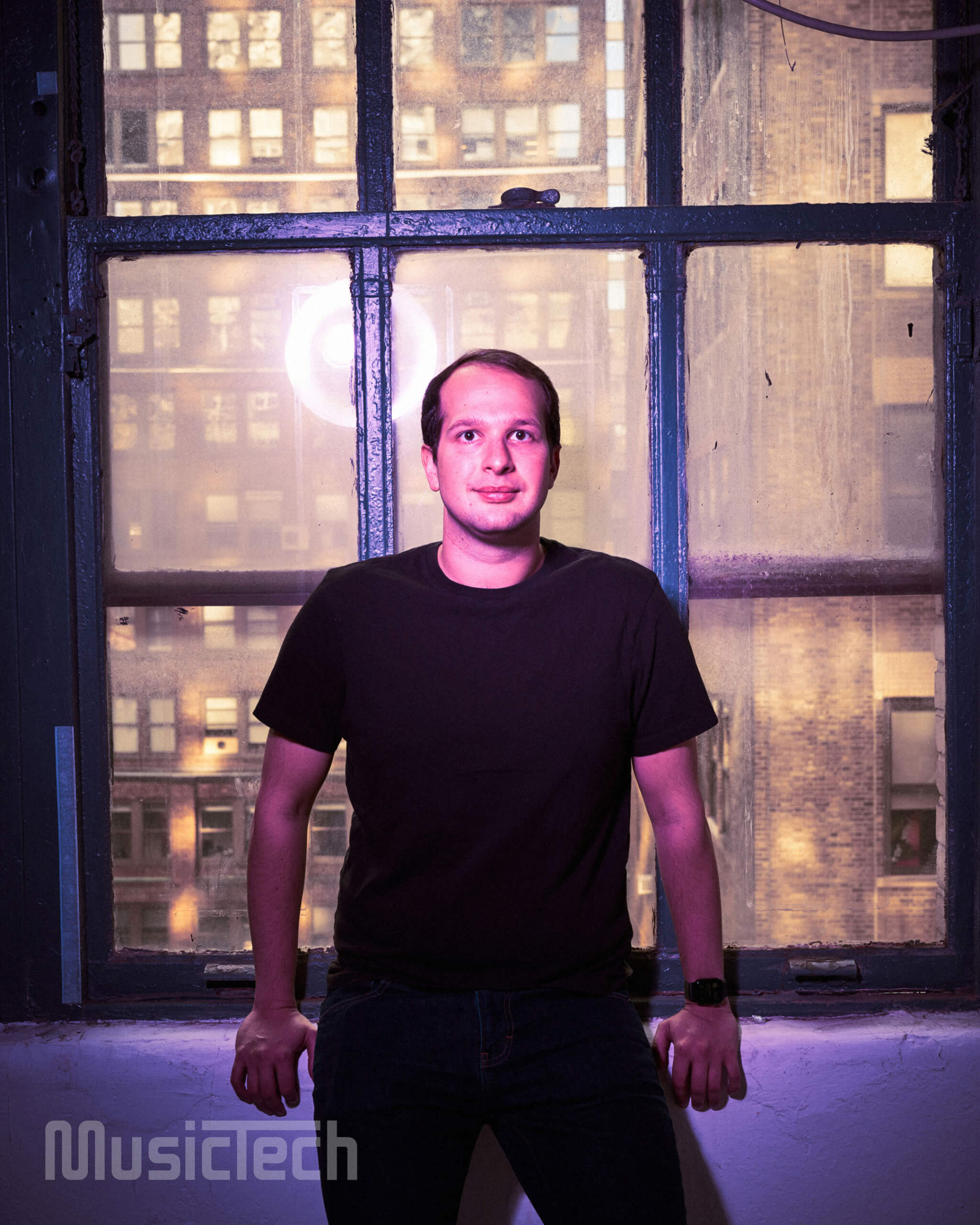
“It is paramount for this ecosystem to be net neutral to the environment, or ideally, net negative,” says Rumburg. “Our community has taken the step to be carbon neutral – we were able to calculate, based on all the interactions that people have had with the Audius token, how much carbon is produced and purchase a proportional number of offsets. But that’s not a long-term solution. Carbon offsets are imperfect but we wanted to start somewhere.”
Carbon offsetting, the practice of investing in green projects to counterbalance a company’s emissions, is better than nothing. However, critics claim that carbon offsetting is a mixed bag at best, and at worst the system can allow businesses to ‘greenwash’ their public name while continuing environmentally destructive practices.
Long term, Rumburg wants to see the Web3 movement embrace a ‘proof of stake’ model, which creates security through financial liability, rather than the ‘proof of work’ model used for many NFTs. To this end, Audius has already migrated the majority of its content ledger to the Solana network, one of the most energy-efficient providers operating on proof of stake.
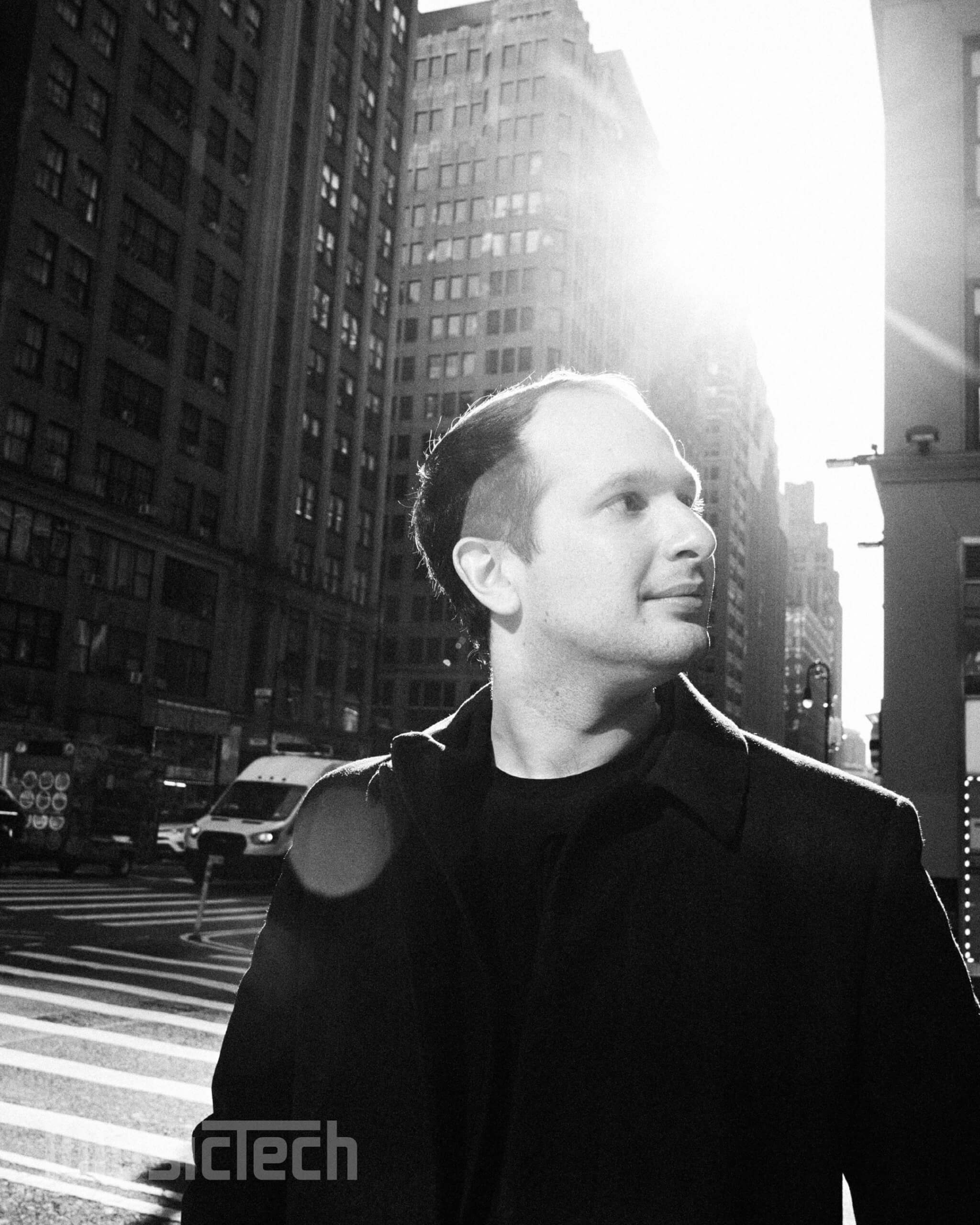
At its heart, Audius is a tool for direct fan engagement. The platform takes a chainsaw to middlemen, cutting out the bureaucratic layers between artists and the music lovers who support them.
Rumburg sees this unmediated connection as financially empowering for artists but also as an engine for innovation. “By not having any kind of corporate intermediary there, we’re already seeing artists come up with the most creative, amazing, cool ways to engage their fans. If they have an idea, they can just do it, they don’t need our permission.”
The freedom to build bespoke engagement tools is possible due to the open-source nature of the platform, and the fact that the Audius community encourages users to create third-party applications. When asked for an example of the novel ways artists are using Audius, Rumburg hints at a well-known artist with high-flying ambitions.
“He wanted to make it so that you could only hear this track if you were on a plane,” says Rumburg, laughing. “Who would have ever thought of something like that? We’re in this period of experimentation around Audius because the template for how to effectively build a fan base, to monetise, isn’t well-formed yet. So people are experimenting with it and starting to learn for themselves what is and isn’t working.”
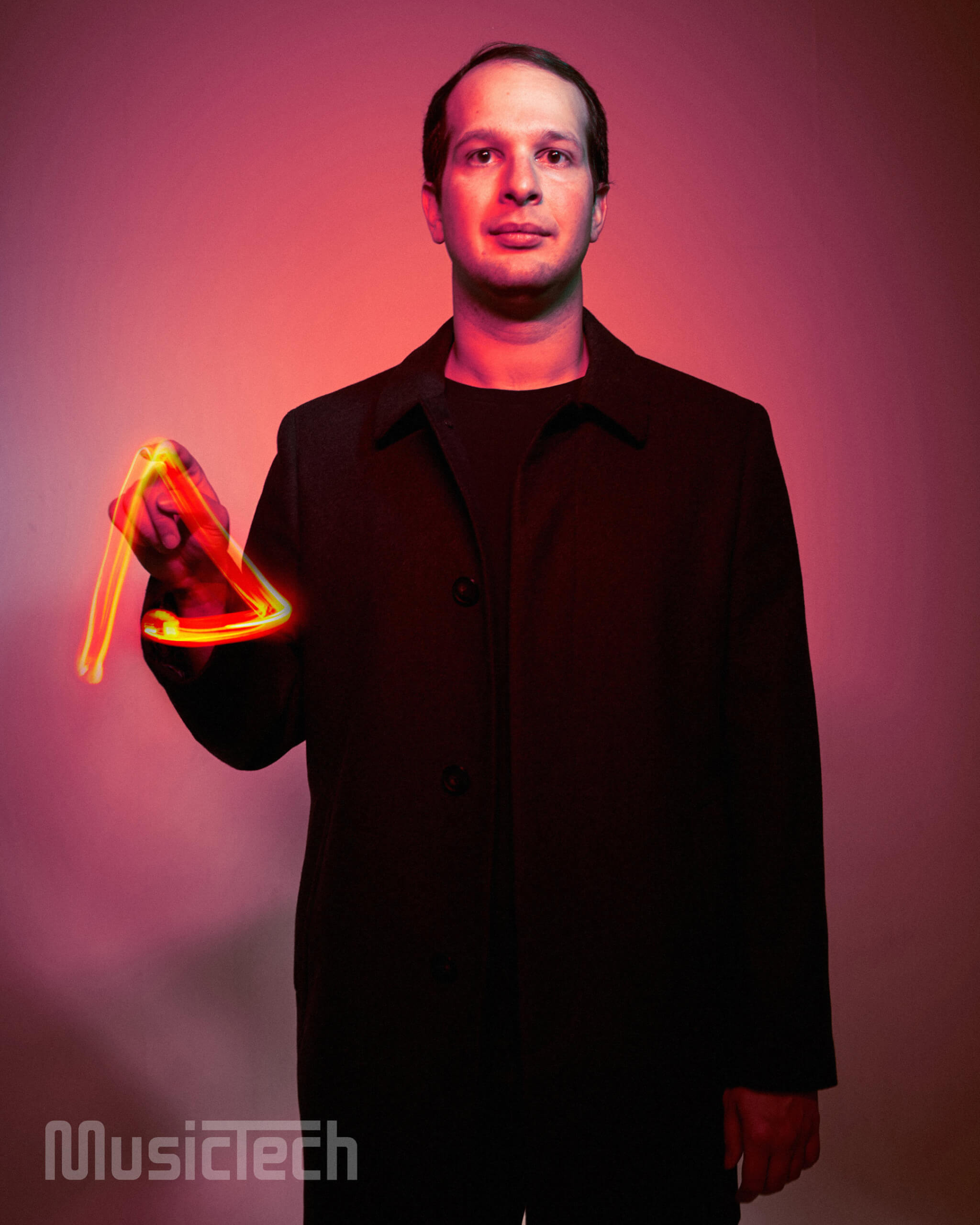
As Audius is open source, users take it upon themselves to add desirable features and plug-ins. Already, users have built a dedicated dark mode for the desktop application, an Audius WordPress plug-in, and even a vapourwave racing game that integrates tracks streamed from the platform into the gameplay.
For Rumburg, the true potential of Web3 lies in connecting the technology to culture, to creativity, and to music. As users figure out and refine their approach to the Web3 space, it’s possible we’ll see an explosion of interest similar to the exponential rise of the early internet at the turn of the 21st century.
“Audius will be one of the first use cases to hit 100 million people,” says Rumburg. “At that scale, we can start to say, ‘Okay, crypto is mainstream’. We’re still a ways off but that is where our community’s ambitions lie.”
Despite those lofty goals, Rumberg is also quick to point out that he does not see Audius as a lone trailblazer. Rather, he views it as a part of the larger Web3 movement, an emerging wave of innovative technologies, ideas and values that may eventually supersede the centralised business models that defined the previous century.
“This is happening, with or without us,” says Rumburg. “It’s a special thing that’s going on right now. Folks aren’t yet awake to the gravity of what’s coming.“